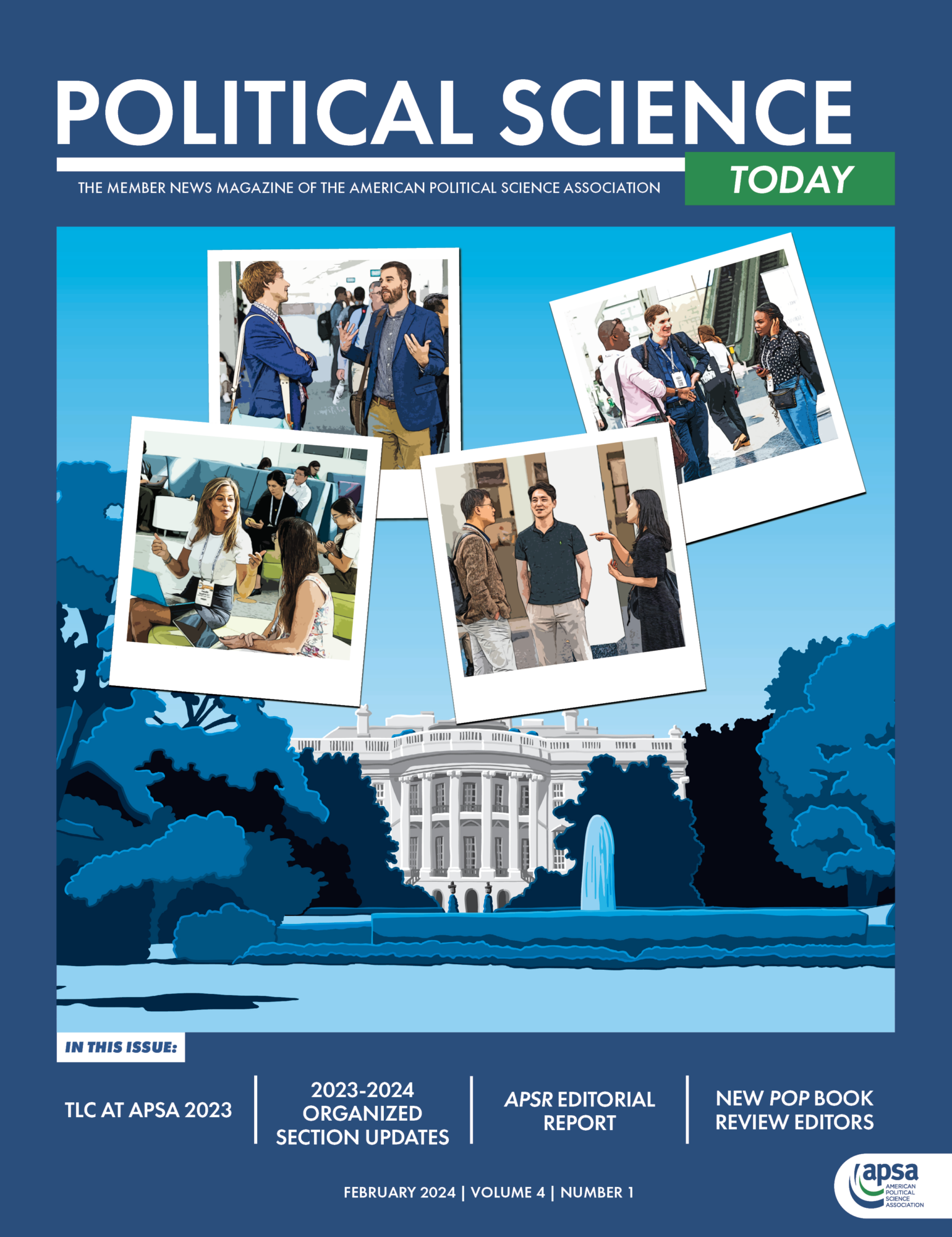 This collaboration brings together articles published in the Journal of Political Science Education that discuss classroom approaches related to teaching about race, racism, social justice and civic action. Our reading list offers a range of materials – from syllabi, reading lists to active learning assignments – that discuss classroom practices through the lens of identity, gender and power relations. It includes a model for professors who are interested in partnering with local community activists to design civically engaged courses, with specific examples covering research and organizing around affordable housing issues. An additional article asks students in introductory politics courses to play board games to confront contemporary racial inequality, particularly the racial wealth gap. In addition to civic engagement and active learning assignments, this reading list also provides strategies to teach race at majority white institutions, meditations on approaching a student body whose racial identity is different than the faculty member’s and teaching to a majority white student body as a BIPOC. This reading list also features a variety of articles advocating for making the study of race the central component of multiple political science introduction courses, offering educators a variety of tools to accomplish this task through diverse mediums, including images and fiction.
This collaboration brings together articles published in the Journal of Political Science Education that discuss classroom approaches related to teaching about race, racism, social justice and civic action. Our reading list offers a range of materials – from syllabi, reading lists to active learning assignments – that discuss classroom practices through the lens of identity, gender and power relations. It includes a model for professors who are interested in partnering with local community activists to design civically engaged courses, with specific examples covering research and organizing around affordable housing issues. An additional article asks students in introductory politics courses to play board games to confront contemporary racial inequality, particularly the racial wealth gap. In addition to civic engagement and active learning assignments, this reading list also provides strategies to teach race at majority white institutions, meditations on approaching a student body whose racial identity is different than the faculty member’s and teaching to a majority white student body as a BIPOC. This reading list also features a variety of articles advocating for making the study of race the central component of multiple political science introduction courses, offering educators a variety of tools to accomplish this task through diverse mediums, including images and fiction.
This essay collection encourages political science educators to center systemic racism and social justice in their classroom pedagogical practices. All of the articles are now open access through the end of December 2021. We thank Taylor & Francis for their partnership.
Educate would also like to thank Victor Asal former JPSE Editor in Chief and the the previous JPSE editorial team for their help developing this list.
-Bennett Grubbs, Editor, Educate, American Political Science Association.
About the Journal
The Journal of Political Science Education is an intellectually rigorous, path-breaking, agenda-setting journal that publishes the highest quality scholarship on teaching and pedagogical issues in political science. The journal aims to represent the full range of questions, issues and approaches regarding political science education, including teaching-related issues, methods and techniques, learning/teaching activities and devices, educational assessment in political science, graduate education, and curriculum development. In particular, the journal’s Editors welcome studies that reflect the scholarship of teaching and learning, or works that would be informative and/or of practical use to the readers of the Journal of Political Science Education, and address topics in an empirical way, making use of the techniques that political scientists use in their own substantive research.
Educate’s #BLM resource collection is part of APSA’s Diversity and Inclusion Program initiative to amplify research and teaching on systemic racism and social justice.





